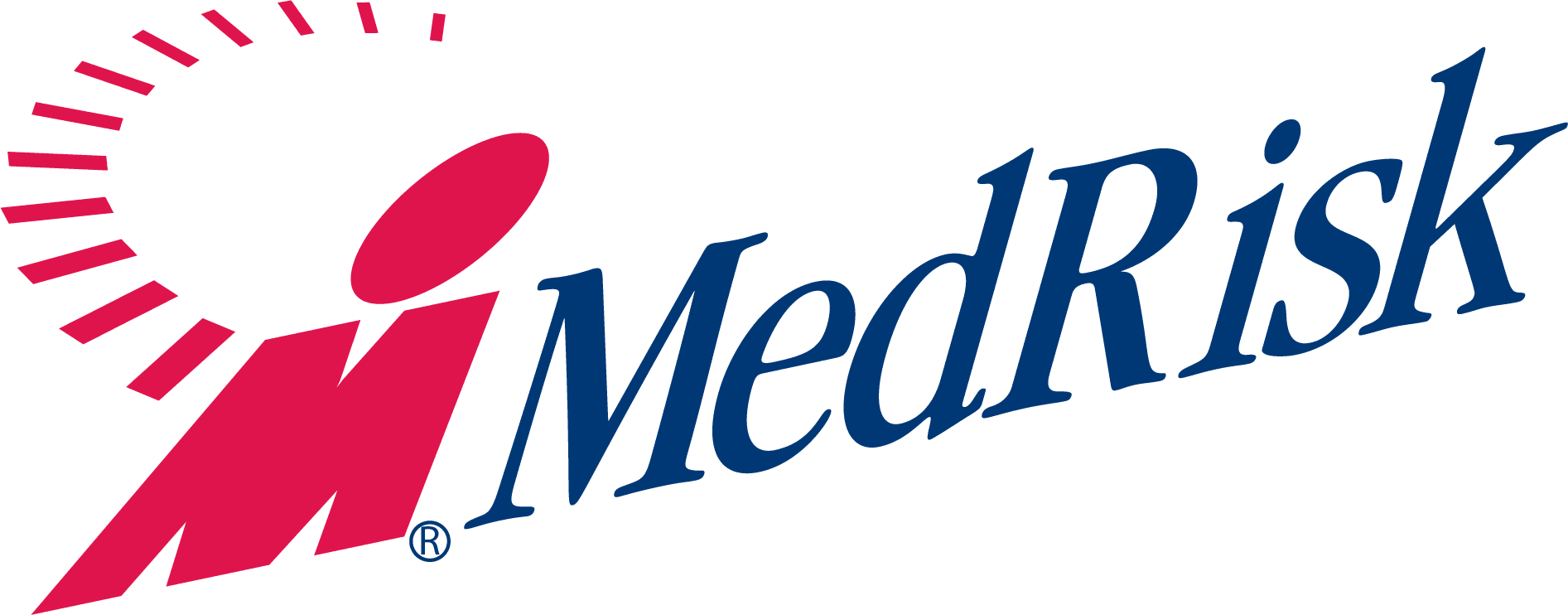Claims professionals have long known that some injured workers don’t recover, and not because their injuries are catastrophic or intrinsically unrecoverable.
By Ruth Estrich
In recent years, the managed care industry has focused on pain management solutions to address these delayed recovery cases.
However, recent studies show that while pain is an obstacle to returning to meaningful work and life roles, it is not as significant a deterrent as many assume. In fact, some symptom-based interventions, e.g., programs that only focus on pain, can actually increase disability duration rather than minimize it.
Increasingly, research is pointing to psychosocial barriers as a more important variable than pain, accounting for more than three times the variance in the magnitude of disability (Journal of Occupational Rehabilitation). Psychosocial factors, also commonly referred to as “yellow flags” arise from behavioral traits that reflect the relationship between the injured workers’ personal attributes and their social environments. Yellow flags can reflect personal, environmental and/or occupational work barriers and may be unrelated to the accident or presenting injury. Additionally, studies have identified the psychosocial barriers that have the greatest impact on delayed recovery and that can be mitigated by behavioral interventions:
- Catastrophic Thinking: The tendency to ruminate about irrational worst-case outcomes. Clearly, this can increase anxiety and prevent the injured worker from taking action, e.g., successfully completing their rehabilitation treatment program.
- Perceived Injustice: The injured worker’s belief that nothing will ever make up for what happened to them, and that they didn’t do anything to deserve their situation. Recent studies show that the combination of pain and perceived injustice increases depression significantly.
- Fear/Avoidance: The avoidance of movement and activity in an attempt to reduce pain. Studies show that this barrier generally results in both chronic pain and a disengagement from meaningful activities, which prolongs disability and also often leads to depression.
- Disability Beliefs: Injured workers’ expectations about recovery and their ability to manage returning to work. Studies in the Netherlands found that individuals’ perceptions of the impact of their condition had more influence on lost time, levels of impairment and activity levels than did actual physical or medical indicators.
Programs that identify injured workers who are at high risk for these critical psychosocial barriers and that deliver interventions that integrate behavioral and physical treatment approaches have been shown to be highly effective in 10 countries worldwide. Results from various studies led by Dr. Michael Sullivan, one of the foremost experts on psychosocial issues, cite a 77 percent enrollment success, a 33 percent reduction in the ongoing use of pain medications, and a 60 percent return-to-work outcome.
Of course, the earlier psychosocial issues are identified and addressed, the better. The American Physical Therapy Association has long noted that physical therapists are the providers who spend the most time with injured workers on the road to recovery, making them well positioned to observe – and if trained properly – mitigate these complicating factors. So it is not surprising that innovative new solutions are looking to physical therapists to provide psychosocial as well as musculoskeletal rehabilitation.
MedRisk’s Chief Strategy Officer Ruth Estrich has more than 30 years’ experience in managed care, both in workers’ compensation and group health. Estrich can be reached at restrich@medrisknet.com.



